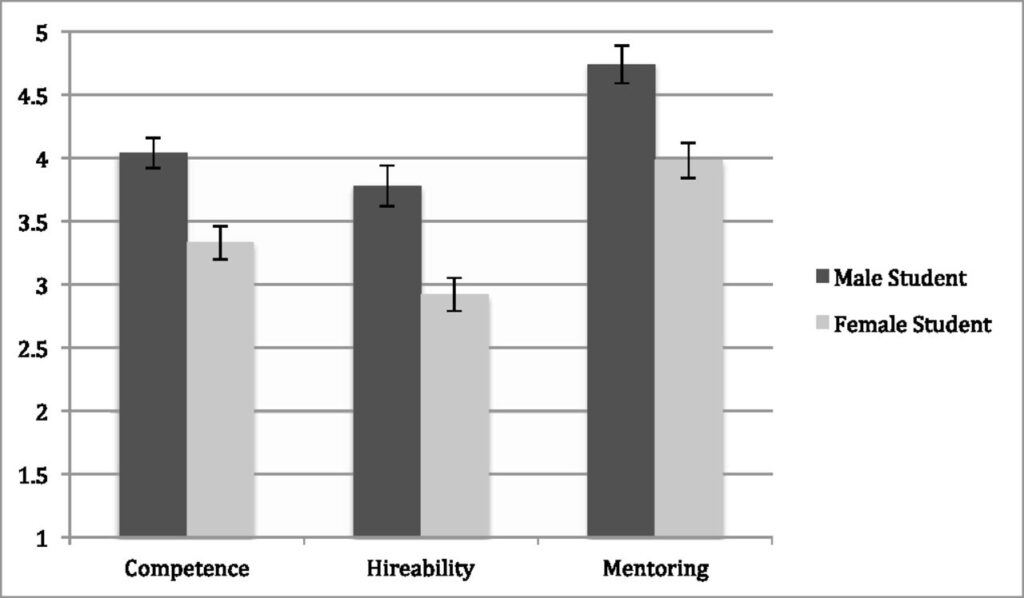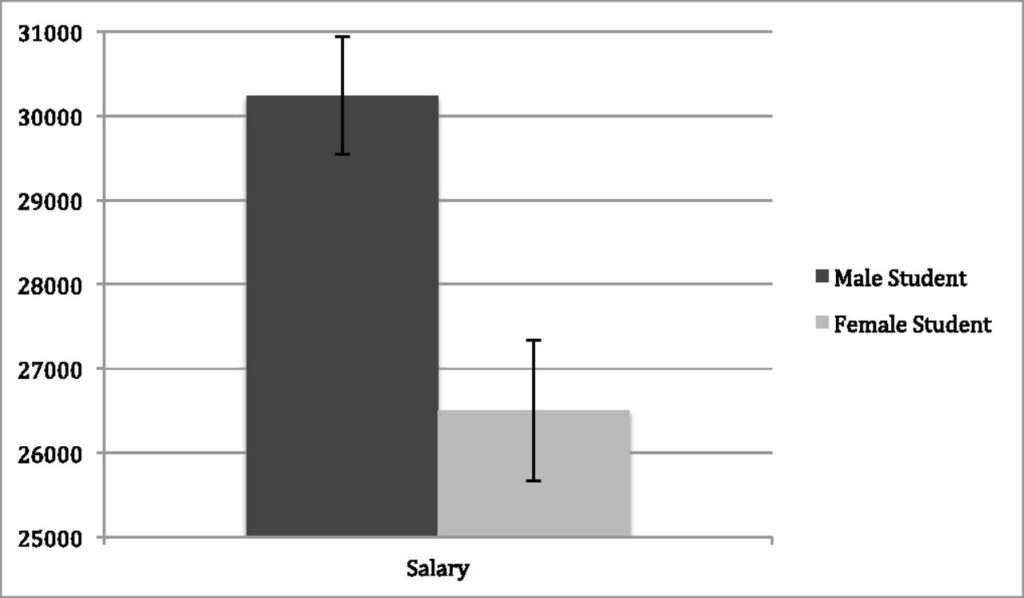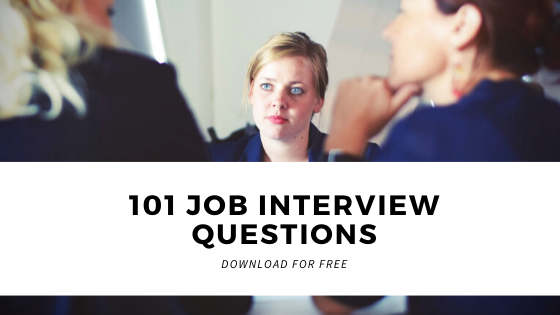The job interview is one of the most nerve-racking experiences you have to face.
The reason you fear the job interview is down to the psychology of the interview process.
In this series of ‘job interview psychology,‘ you will learn 5 psychological processes that are in play, that effect your job interview success, without you even knowing about it.
Job Interview Psychology 4 of 5 – effects of positive moods
Alice Isen and Paul Levin (1972) completed an experiment on the effects of good moods.
In a shopping mall, they left money in the coin return slot of a telephone booth to boost the moods of the lucky shoppers who found the cash. After the subject left the phone booth, another shopper (part of the experiment team) ‘accidentally’ dropped a folder a few feet in front of the shoppers. 4% of people who didn’t find the change in the telephone booth helped the man who had dropped the folder, but a staggering 84% of the people who did find the change, and as a consequence were in a good mood, helped the man.
The results clearly showing that if you feel good you are more likely to help others.
This ‘feel good, do good’ effect is a powerful tool in a job interview. The timing of your job interview also plays a key role in the success of the outcome of your interview.
Contrast bias is the process of comparing one thing; a weight, experience or a job interview applicant, to another recent experience in the same category.
The first interviewee to be interviewed becomes the baseline and all other applicants are compared to this initial interview performance.
As the baseline interviewee, you can never surpass the benchmark because you are the benchmark.
The timing of your interview, therefore, has a direct impact on your success rate. When possible never choose the first interview slot or you will become victim to contrast bias. *in addition to the job interview this same interview psychology has an effect on your salary negotiations.
Job Interview Psychology – likeability
If being the first interviewee has a negative effect on your job interview outcome, should you apply for the last interview slot? No! And the reason why is decision fatigue – the quality of decisions deteriorate after a long period of decision making, and deciding on the best candidate after a long day of decision making is very tiring.
Compared to the ‘feel good, do good’ theory, if the interviewer is in a negative mood they ‘feel bad, do bad’ The interview panels emotional state, therefore, has a direct impact on their decisions making ability.
To increase job interview success your task is to make the interviewer feel good about themselves. Your goal is to create an altruistic interviewer.
One contraction to the ‘feel bad, do bad’ theory is the ‘negative-state relief’ theory. Guilt creates an internal motivation to ‘do good’ as we believe that ‘a good deed cancels out a bad deed’
Also, sadness can increase ‘helping.’ The reason guilt or sadness influences someone to help others is because people will help others so they feel good about themselves, to relieve their guilt or sadness.
In a job interview, effective storytelling can induce sadness. We see this all the time on TV talent shows, where a sad backstory affects the votes of the judges
But as with the above audition, talent also plays a key role. ‘Talent’ in a job interview is your ability to influence the interview panel, not the talent of completing job tasks as you only need this skill once you are employed.
Humans like to be consistent, it makes us feel good as our actions are in line with our values and identity.
If you want to predict the type of interviewee that will be offered the job role, look at the type of person who was last recruited by the same interview panel.
If you create an association between the previously hired person, through identifying similarities, you are more likely to be hired “he’s like X, we hired X, let’s hire this person”
Ownership increases value. This is the famous (in sales) endowment effect; once we own something we add more value to it.
A study with students where they were given a cup with the university logo on it, worth $6. In a trading game the owners of the cup requested items of $5 value (on average) for the cup trade, but other students who didn’t own the mug, only believed the mug value was worth around $2. It was the sense of ownership that increase the value of the product.
In recruitment, people believe that internal candidates have a better success rate for internal job roles then external candidates because the company embraces internal mobility.
The truth is, an organization wants to hire the ‘perceived ‘best person for the role (internal or external). But, organisations have a feeling of ownership to their employees, and see them, initially, as a higher value (until you can influence them that you are the strongest candidate)
This is why volunteering, being an intern or an external mentor for employees – anything to link you to the ‘team’ gives you an advantage; you will be seen as being owned by the company – “she is one of ours”
Positive moods in the interview panel created from the association, the sense of ownership or comparison, can support you to achieve job interview success.
If the interviewer is feeling good (interviewing in the middle of the day – but not after dinner time, as eating food makes you tired, helps with this) they are more likely to see you in a positive light.
To increase happiness in others is relatively easy. And through association, what the interview feels, will be projected on to you – they feel good = you must be good.
If you smile you feel good. I suppose you cant always deliver a well-rehearsed comedy set in the job interview to make the panel laugh, but you can smile.
Mirror Neurons
Humans use mirror neurons to perceive how other people are feeling. Neurons activate when you need to complete a specific task (scratching your face as an example) these mirror neurons also activate when you see someone else performing a task; seeing someone scratch their face activates your ‘scratch my face neurons.’
In an experiment, two subjects had to look at and openly discuss a number of photographs.
In fact, one of the subjects was in on the experiment and would complete a subtle behavior; scratching their face or tapping their foot.
The experiment was about behavioral influence, (and had nothing to do with the pictures) the psychologist wanted to know if the subject would copy another person unconsciously?
Yes, they would and a lot. Mirroring is a natural rapport-building process.
Mirror neurons have the same effect with emotions. If you smile (and feel good) the interviewer, with mirror-neurons, will feel the same happy thoughts.
You can take this further, and have open body language, sit with confidence and your job interview panel will, with unconscious awareness, copy your behavior and feel good about you, which we know through unconscious bias, creates a positive effect on the job interview outcome
Finding common ground increases likeability, complementing people makes them feel good and seeding the idea of a good interview “I can see that this will be a good interview” will increase the likelihood of the job interview actually being good
But most importantly – people respond well to charismatic authority. Being confident, extrovert, humourous and knowledgeable, while showing interest in others (the interview panel) will create a powerful liking bond that will help you secure your next job offer.
Interview Psychology 4 of 5 – social proof
Job Interview Advice













